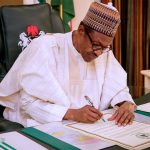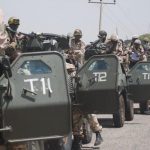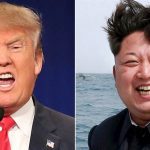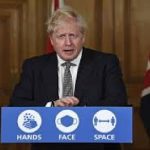Brazilian President Luiz Inacio Lula da Silva has signed an order to tighten gun controls in a bid to halt a surge in firearm ownership.
Under Lula’s far-right predecessor, Jair Bolsonaro, there was an almost seven-fold rise in registered users.
The new controls fulfil a campaign promise by Lula.
The president blamed a wave of political violence during last year’s presidential election on looser gun controls.
“We will continue to fight for fewer weapons in our country. Only the police and the army must be well-armed,” Lula said while unveiling the new stricter measures.
Brazil has almost 800,000 registered gun owners, up from less than 120,000 in 2018 when Mr Bolsonaro was elected, according to the 2023 Brazilian Yearbook of Public Security.
The country has no constitutional right to bear arms.
But under an executive decree passed by Mr Bolsonaro in 2019 Brazilians were entitled to own up to four guns, while others were granted permission to carry loaded firearms in public under certain conditions.
The new restrictions will see a registered hunter granted permission to own six weapons, instead of the previous 30 – including up to 15 restricted firearms.
“It is one thing for a citizen to have a gun at home for protection and assurance … but we cannot allow there to be arsenals of weapons in people’s hands,” Lula said in his speech.
Supervision of civilian weapons is being transferred from the army to Brazil’s federal police, after criticism of weak oversight.
Mr Bolsonaro argues that guns make Brazil safer, pointing to a lower murder rate during his time in office.
The former president has been barred from running for office for eight years after being found guilty of abusing his power ahead of last year’s presidential poll.
He had been accused of undermining Brazilian democracy by falsely claiming that the electronic ballots used were vulnerable to hacking and fraud.
Mr Bolsonaro never publicly acknowledged his defeat and left Brazil for Florida two days before Lula was sworn in as president.
The former president’s supporters, who refused to accept the outcome of the election, stormed Brazil’s Congress, the presidential palace and the building housing the Supreme Court on 8 January.













